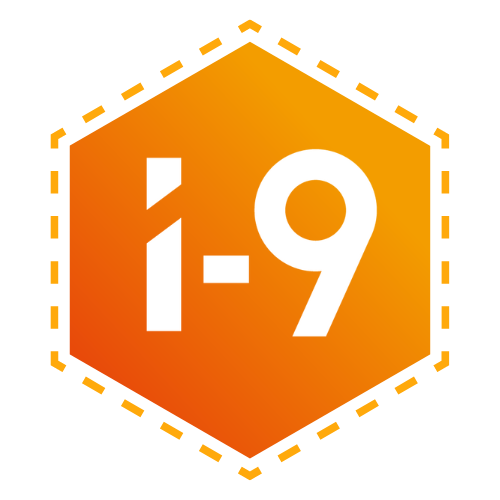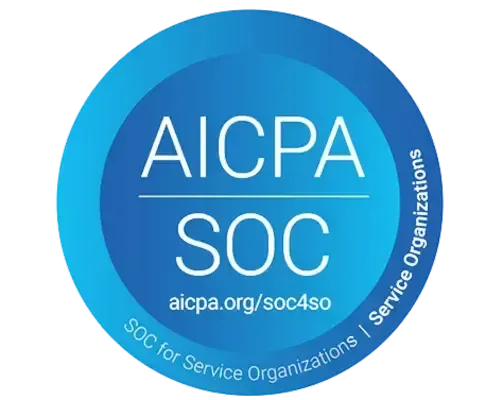Is a Facelift on the Way for the H-1B Specialty Occupation Worker Program?
November 7, 2023

In a move geared towards enhancing the H-1B specialty occupation worker program, the Department of Homeland Security (DHS) and U.S. Citizenship and Immigration Services (USCIS)
announced
a Notice of Proposed Rulemaking (NPRM) that is designed to streamline eligibility criteria, optimize program efficiency, and offer added benefits and flexibilities for both employers and workers.
Proposed Changes to the H-1B Program
Key highlights of the proposed rule change include revisions in specialty occupation position criteria to eliminate confusion, emphasizing the direct relationship between degree field(s) and job duties.
One significant change involves modifying the H-1B registration selection process to curb misuse and fraud. Under the proposed system, each unique individual with a registration submitted on their behalf will be entered into the selection process once. This alteration aims to level the playing field and reduce the advantage gained by multiple registrations for the same beneficiary.
Moreover, the proposal extends exemptions to the H-1B cap for specific nonprofit entities, governmental research organizations, and beneficiaries not directly employed by qualifying organizations. The rule offers additional flexibility for students on F-1 visas transitioning to H-1B status. The same is true for start-up entrepreneurs, who also benefit from new eligibility requirements.
“The NPRM provides an automatic extension of stay and post-completion optional practical training (OPT) or 24-month extension of post-completion OPT, as applicable, until April 1 of the relevant fiscal year (FY) in which the H-1B petition is requested or until the validity start date of the approved H-1B petition, whichever is earlier,” advises
Michael Neifach
, Office Managing Principal of the Washington, D.C. office of
Jackson Lewis P.C.
Crucially, the NPRM strengthens program integrity by introducing measures such as prohibiting related entities from submitting multiple registrations for the same beneficiary. The USCIS is empowered to conduct site visits, ensuring compliance, and any refusal may lead to petition denial or revocation.
The proposed rule invites public comments over a 60-day period following its publication in the
Federal Register
. This initiative aligns with the administration's focus on attracting global talent, easing burdens on employers, and safeguarding the integrity of the immigration system. Stay tuned for further developments as the proposed changes undergo public scrutiny and potential refinements.
“The proposed rulemaking provides employers and employees additional flexibility and opportunities under the H-1B program, adds Neifach. “The proposed change of the automatic extension end date from October 1 to April 1 of the relevant fiscal year would prevent the disruptions in employment authorization that some F–1 nonimmigrants seeking cap-gap extensions have experienced in past years.”
Stay Tuned to HRlogics and Clear I-9 for the Latest News on I-9 Requirements
HRlogics’ Clear I-9 software will continue to monitor these and other proposed rule changes that impact I-9 requirements. Our I-9 compliance experts manage Clear I-9 with over 20 years of combined experience in employment eligibility and verification laws.
HRlogics’s Clear I-9
specialists work closely with the Department of Homeland Security and top immigration attorneys to meet the ever-changing Form I-9 and E-Verify laws. Our team is dedicated to ensuring that our I-9 platform and your organization are always in compliance.
Contact us to learn more about HRlogics’ Clear I-9 software
.

Learn More About Clear I-9
Contact Us
Thanks for contacting us. We'll get right back to you!
Oops, there was an error sending your message. Please try again later.






